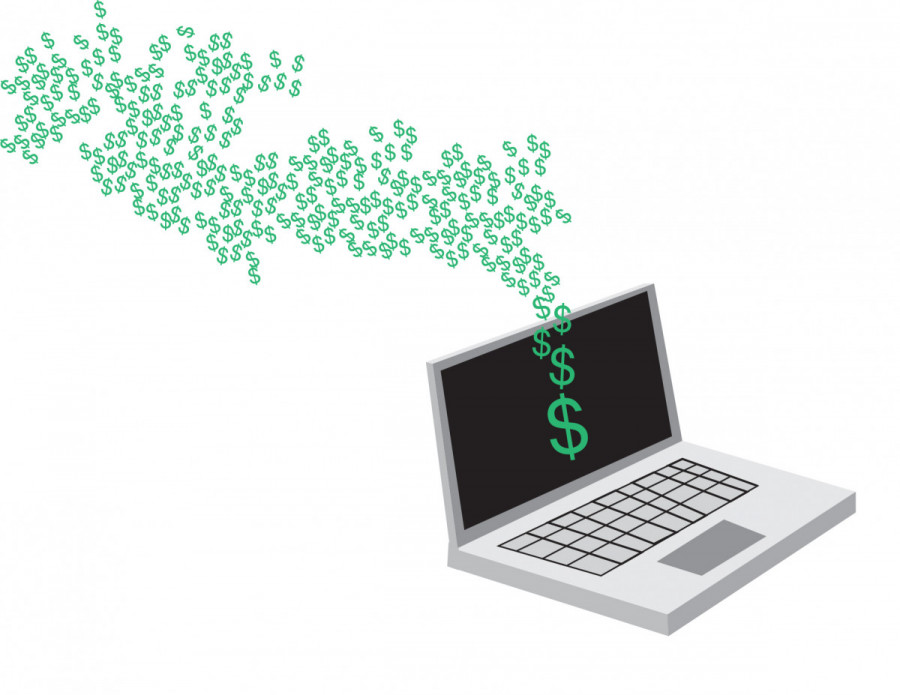The Meddling of Private Ownership Threatens Newsrooms Everywhere
Is the Fate of Deadspin Going to Be a Common Occurrence?
If we look at what happened with Deadspin this past week—and since its acquisition in April—we see private ownership of publications threaten them as much as anything else.
Publications need to make money to survive. However, ownership shouldn’t entitle millionaire hedge fund dudebros to boss newsrooms around and fire people when their tantrums don’t get them what they want.
Private equity firms buy smaller media companies all the time.
Deadspin and sister websites Gizmodo, Jezebel, and Kotaku were bought from Univision in April 2019 by the company now known as G/O Media.
Univision had bought the websites after Gawker’s bankruptcy in 2016, following the loss of Gawker’s trial against Hulk Hogan, where Hogan was awarded $140 million in damages after Gawker published portions of a 2006 sex tape in 2012.
That trial was important and it would take time to explain the intricacies of it, but the aftermath of the Hogan sex tape trial has completely transformed the media landscape, setting several precedents for privacy and the rights of publications to have access to information based on whether something was newsworthy or not.
Returning to Deadspin, earlier this month G/O Media told the writers to stick to sports even though much of its popular content and brand was in culture, politics, and media reporting.
This wasn’t the first time: previous editor-in-chief Megan Greenwell quit over this same issue.
Meanwhile, interim editor-in-chief Barry Petchesky said no to the edict and was fired, leading to a mass exodus of Deadspin’s writing staff.
G/O Media also put loud autoplay ads all over its websites, leading to massive backlash on social media.
Ownership deleted blog posts asking for feedback about the ads from its websites, which is not only an extremely petty move from a crappy owner but also against Deadspin’s collective bargaining agreement.
Deadspin is now a husk of its former self, all because a rich asshole ownership group wanted complete control of its website’s affairs.
Deadspin was not having much trouble before the new ownership. It was, by many accounts, a successful, financially healthy website.
What G/O Media did was akin to a rich kid buying an expensive toy, bringing it to recess, then complaining in front of everyone that it sucks, actually, and breaking it just to show you they can.
While the Deadspin situation might have made people more acutely aware of the dangers of investment groups meddling in newsrooms, it is absolutely not the only time this has created problems for journalists and writers.
Remember when Postmedia endorsed Andrew Scheer across all of its publications last month?
They did not bother pretending this was anything more than a call from their hedge fund management. They just ran the exact same editorial in all of their publications.
The move did more to hurt the journalists and everyone working for these publications than it did Postmedia.
Having your name attached to a publication that runs an editorial like that can leave a stain on your byline, especially for a journalist who works with marginalized communities.
That editorial didn’t reflect the views of the journalists, of course, but the negative association is still inevitable in the long run, especially if you don’t have an established byline.
Becoming a professional journalist in 2019 is already a daunting enough task without having to worry about the company that hired you imploding because of greedy, petty, or downright foolish ownership.
Freelancing is an option, sure, but financial insecurity and a lack of backing from an institution in case of pushback or legal attacks, often seen in important investigative journalism, makes it more risky.
We need reliable institutions as journalists because it gives us the stability to produce the stories we want to.
It gives us the backing to explore leads that might amount to nothing or might become the biggest stories of the year.
With an ownership group that interferes in newsrooms and vetoes stories because of corporate interests, this just isn’t possible.
Deadspin didn’t deserve to die, and the writers who quit in solidarity are extremely brave to have done so in the extremely unstable world of online media.
But what protection do others have—those who can’t afford to quit, financially or otherwise?
What about other publications owned by private equities?
The only way to stop them is to cease having ownership groups meddling in newsrooms, but that’s easier said than done.
Media companies aren’t the cash cow they were in past decades, and many now rely on these groups just to keep the lights on.
But allowing publications their freedom is key here.
Meddling creates bad situations for the ownership group and worse ones for the newsroom.


_600_832_s.png)


